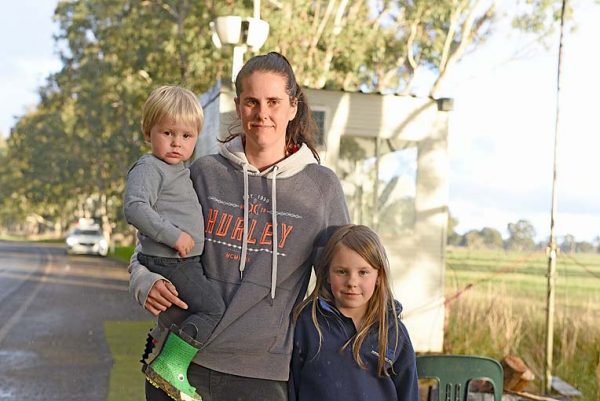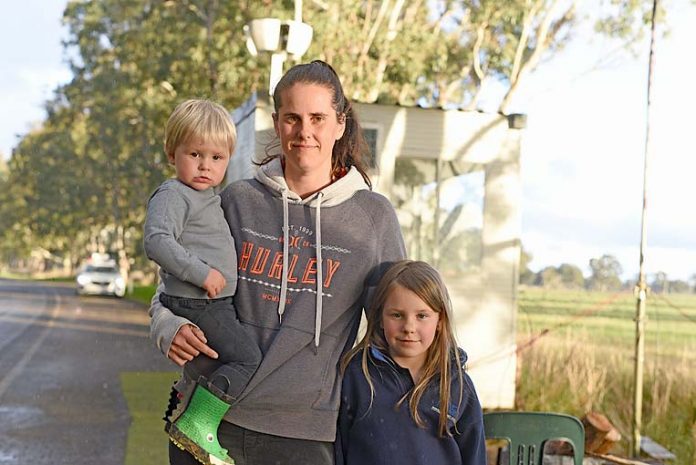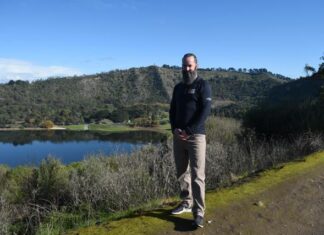
SEVERAL Penola district families have been forced to relocate into South Australia ahead of Friday’s looming changes to cross-border community processes which will impact the number of Victorians entering the region.
Educators, students and essential workers are among those reporting significant disruptions to their daily lives as a result of the new directive, announced by Police Commissioner Grant Stevens last week.
Victorians living within a 40km radius of the border will no longer be able to enter South Australia for education, shopping or to receive medical care and must apply to enter the state under existing essential traveller rules.
Among the cross-border community members making the move into South Australia for fear of rejection through the approval process is Teegan Galpin and her children, who are now living on her father’s farm to ensure they can still attend primary school.
Ms Galpin said it was a frustrating experience and felt it was families such as hers who fell through the gaps in the government measures.
“I understand there needs to be a line drawn somewhere but it makes it very hard when cross-border community members are having the door shut on them,” Ms Galpin said.
“It is hard when our closest town and our lives are in South Australia and we can no longer get on with our lives because we have been shut out.”
Living just 500 metres over the South Australia-Victoria border, Ms Galpin said the essential traveller process was frustrating and difficult for families to cope with.
“It makes it hard to plan because we do not know the future or how long this will last,” she said.
“There are city people making these decisions but it’s not the right choice for country people.”
Naracoorte music teacher Kinta Wilson and her husband have also relocated from their Victorian farm to a South Australian property, opting to live in a caravan with their three children.
They must now consider whether one family member will move back to the farm, situated less than a kilometre over the border, to help manage stock and maintain the home.
“We would rather be travelling Australia in the caravan rather than living in it,” Ms Wilson said.
“But for now we are staying home.”
Moving into South Australia last month, Ms Wilson said she had hoped border control measures would not reach Friday’s restrictive levels.
She said if the family continued to live on their Victorian farm they would have been unable to check stock or finish crops in South Australia and their children would no longer be able to attend school in the region.
“I would be helping my school-aged children with remote learning and entertaining a preschooler and the children would be limited by poor internet,” Ms Wilson said.
“Although the school is doing their best with remote learning, the teachers are still expected to maintain face to face education for 27 other students in each class as well as providing remote learning for my children.”
She said there would also be a flow on effect for her Year 11 and 12 music students if she was locked out of South Australia as she would be unable to attend work and would be forced to conduct online learning.
While the changes have disrupted some families, Penola Primary School principal Anna Copping said educators were supporting students and their families through the process with plans in place to enable online learning.
“We are well positioned to offer supported home learning to those students who are impacted,” Ms Copping said.
“We have ensured all students have the necessary equipment to be able to access supported home learning and regular check-ins will assist these students to maintain contact with their peers and teachers.”
Penola High School acting principal Lesely Okholm echoed Ms Copping’s comments, stating students affected would access learning via the virtual classroom platform.
“One of these students is completing two Stage 1 SACE units currently despite being a Year 10 and we are waiting for information about whether or not they will be able to continue to attend,” Ms Okholm said.








